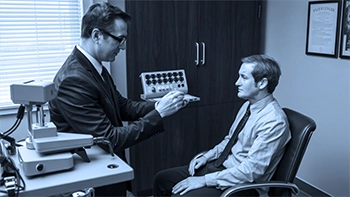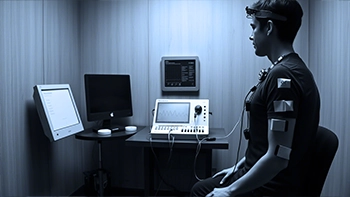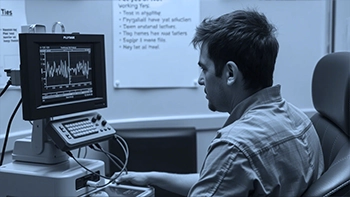Select your language
Introduction to Data Analysis
After completing the polygraph test, a detailed analysis of the collected data begins. Using specialized software and widely accepted methodologies in lie detection, experts evaluate the reliability of the respondent’s statements. This stage accurately identifies which physiological responses are normal and which deviations may indicate possible attempts to deceive or withhold information.
Methodologies and Software
Modern data analysis systems employ a comprehensive approach that involves comparing recorded indicators with baseline values established during preliminary calibration. The applied algorithms allow real-time processing of data and detection of even minor deviations characteristic of stress-related physiological responses.
- Comparison of recorded indicators with calibration data;
- Analysis of physiological response dynamics;
- Identification of deviations indicating emotional arousal;
- Implementation of algorithms for automatic result interpretation.
Stages of Data Analysis
The analysis process consists of several sequential steps that provide a complete understanding of the reliability of the examined statements:
- Preliminary data collection: aggregation of information from galvanic skin response sensors, cardiovascular activity monitors, respiration trackers, and other physiological indicators.
- Comparative analysis: comparison of test results with individual baseline values to identify deviations.
- Interpretation of indicators: assessment of physiological response dynamics and determination of the respondent’s stress levels.
- Report generation: compilation of a detailed conclusion on the reliability of the statements, highlighting detected anomalies.
Factors Affecting Analysis Accuracy
The accuracy of the analysis depends on multiple factors, including:
- Individual physiological characteristics of the respondent;
- Correct execution of the calibration phase;
- Quality of the equipment and sensors used;
- Application of up-to-date methodologies and data processing algorithms;
- Objectivity of the specialist conducting the analysis.
Considering all these factors significantly enhances the precision of deviation detection, which is fundamental for objective interpretation of test results.
Advantages of Comprehensive Analysis
Comprehensive polygraph data analysis offers numerous advantages. It not only detects attempts to conceal information but also evaluates the respondent’s overall emotional state. This approach ensures:
- High accuracy in diagnosing physiological responses;
- Reduced risk of false positives and false negatives;
- Objective comparison of data with individual norms;
- Real-time decision-making based on analysis results.
Conclusion
The analysis of polygraph data is the final and crucial stage of testing, enabling the evaluation of the respondent’s truthfulness. The combination of modern software, validated methodologies, and a comprehensive approach ensures objective results. Through meticulous analysis, specialists can accurately determine which responses are normal and which may indicate an attempt to withhold information.
This detailed approach guarantees high-quality testing and serves as an essential tool for ensuring the reliability of collected data. The results of the analysis form the basis for subsequent conclusions and decisions, reinforcing trust in verification procedures and the effectiveness of applied methodologies.






















